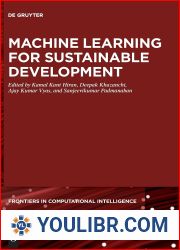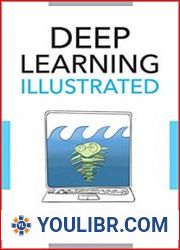
BOOKS - Intelligence Quotient: Testing, Role of Genetics and the Environment and Soci...

Intelligence Quotient: Testing, Role of Genetics and the Environment and Social Outcomes (Neuroscience Research Progress)
Author: Joseph C. Kush
Year: July 1, 2013
Format: PDF
File size: PDF 2.8 MB
Language: English
Year: July 1, 2013
Format: PDF
File size: PDF 2.8 MB
Language: English
This is an edited collection that examines advances in the study of IQ tests and the variables that influence test performance. The book contains contributions from a number of prominent scholars who are internationally recognised for their expertise in the area of human intelligence. Additionally, the compilation presents a unique combination of theoretical knowledge and practical advice and will be an excellent resource for graduate students, university professors and experienced clinicians. A particular emphasis is given to the role of IQ tests, as part of a diagnostic battery, in the identification of cognitive and psychological disorders. Individual chapters cover a broad range of topics related to IQ including, the underlying structure of contemporary IQ tests, race and genomics, the relationship between IQ and achievement, measures of mental chronometry, evolutionary adaptedness, IQ and dopamine receptor genes, Ashkenazi Jews, assessment practices for gifted children and pre-school students, and errors in measurement when assessing intellectual disabilities. Topics are covered in a comprehensive and up-to-date manner, yet accessible to both novice and expert professionals. A working knowledge of psychometric theory is helpful but not necessary. The book avoids any attempt to make a claim regarding exact estimates of the genetic or environmental influences on measures of IQ, fully recognising the complex interplay between these factors. However, the value of IQ tests in predicting scholastic achievement, diagnosing cognitive diseases, and assessing individual differences is acknowledged and affirmed, when recommendations offered by the authors are implemented within thoughtful and data-supported practices.
















































